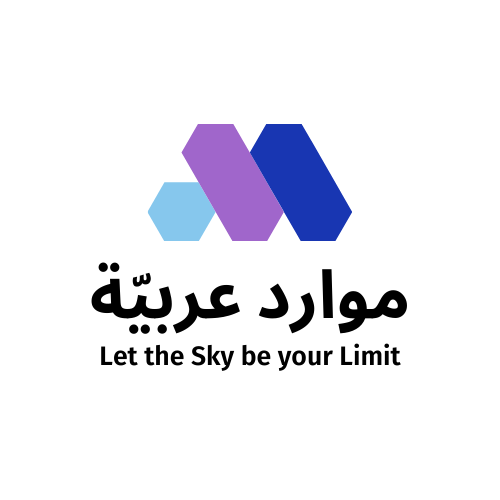
If you’re a student or teacher of Arabic like us, you’ve surely shared our frustration with the shortage of quality resources for learning Arabic, especially when it comes to colloquial.
This is where Playaling comes in. It makes authentic, real-world Arabic online content fun, accessible, and pedagogically useful.
Using Playaling is simple:
- Search individual clips by filtering for preferred level, content, dialect, or Modern Standard Arabic (MSA).
- Play them once to train your ear, and then activate interactive captioning to learn what you missed. All content is equipped with optional transcription and translation, though some also include conversion to MSA and transliteration.
- Simply move your cursor over the transcribed text to discover meanings, along with grammatical and contextual information.
Please note that Playaling is a tool, not a stand-alone program, for learning Arabic. It assumes prior or parallel instruction in Arabic script, grammar, and speaking. Future development includes flashcards, games, and exercises.
Our story
Playaling is a living platform founded by Jordan Gerstler-Holton, a former Center for Arabic Study Abroad (CASA) fellow and long-time student of Arabic. Part of his inspiration came from Nadia Harb, a professor at American University in Cairo, who instructs her students with the following phrase:
!لا تكن ملكياً أكثر من الملك
Don’t be more royalist than the king!
(Or less literally: “Don’t be more Catholic than the Pope!”)
Harb loves MSA and does not teach colloquial. Regardless, when speaking, she encourages students to drop certain features of MSA seldom used by native speakers themselves, in favor of عامية المثقفين (“the colloquial of the well-educated”) or Educated Spoken Arabic (ESA), a form of “high” colloquial favored by educated elites. 1 The idea is that if native speakers can’t be held to certain standards, the student shouldn’t either. All the more so if his/her goals are primarily functional: the ability to communicate and understand.
Privileging ESA is one response to the shortcomings of MSA, but there’s little consensus over what to do. At Playaling, we provide a broad spectrum of what native speakers actually use, thereby empowering students and educators to carve out their own approach.
To find out more, or to leave your comments and suggestions, please contact us at info@playaling.com. We welcome inquiries regarding customized solutions for classrooms.
Now come Playaling and learn!
1El-Said Badawi, a prominent Arab linguist and former director of CASA, classified Arabic into five different levels: فصحى التراث, “Classical Arabic;” فصحى المعاصر, “Modern Standard Arabic;” عامية المثقفين, “colloquial of the well-educated,” عامية المتنورين, “colloquial of the basically educated;” and عامية الأميين, “colloquial of the illiterates.” The “neatness” of all five levels, he noted, is “achievable only through the highest level of abstraction.” (See Badawi’s article and book). As Badawi understood, most colloquial forms contain micro-variations that depend on the speaker’s geographic origins, socio-economic “class,” educational level, and subject matter, all of which overlap and defy simple categorization into discrete sets. Further complicating matters, native speakers commonly switch between higher and lower forms, sometimes mid-sentence, depending on context and desired effect. Nevertheless, in order to help teachers and students distinguish educated from less educated colloquial forms, we’ve distinguished some content as Educated Spoken Arabic (ESA). Overlapping with both MSA and multiple dialects simultaneously, ESA has the advantages of lending relative ease to the conversation, bestowing prestige on the speaker, and being widely understood. It’s commonly used in classrooms and for discussions about intellectual topics (such as politics, society, history, culture, religion, etc.) as well as for facilitating communication among native speakers of different dialects.
